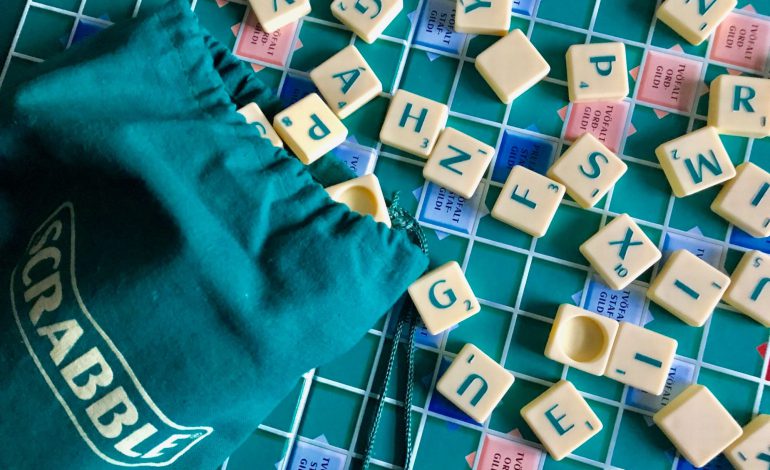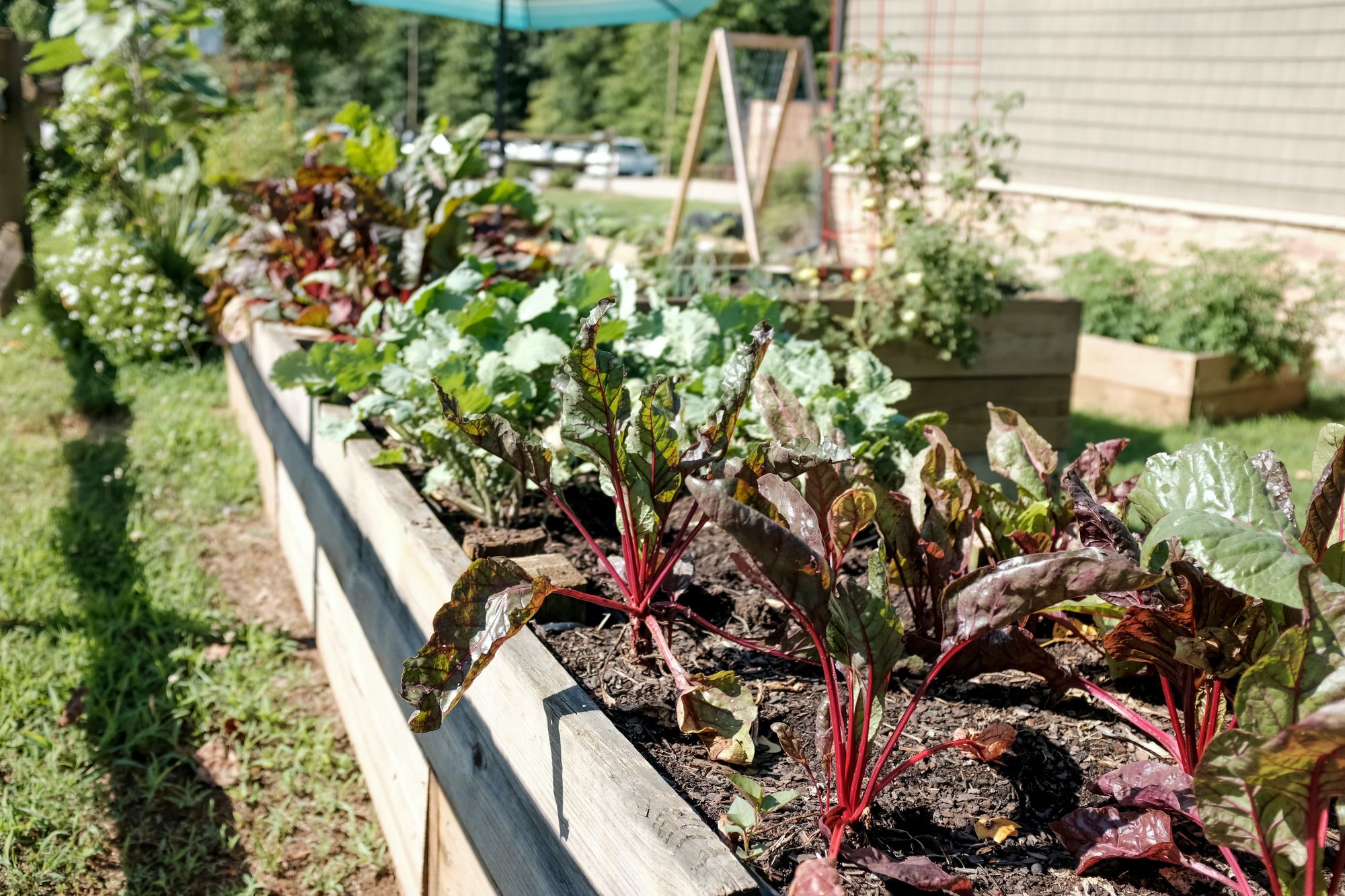6 games that challenge your brain
The brain is one of the fascinating organs in the human body. Small as it is, it can store up to 2.5 petabytes of information which is the equivalent of

The brain is one of the fascinating organs in the human body. Small as it is, it can store up to 2.5 petabytes of information which is the equivalent of about three million hours of television. Mind-blowing, right?
Although the brain is fascinating on its own, a few exercises and challenges from time to time don’t hurt. In fact, games and challenges can increase your IQ, focus and memory and slow age-related cognitive decline and dementia.
Below are some hands-on games to engage in.
Scrabble
This word game works to enrich your vocabulary and train your brain to focus on a sole task. It brings out your competitive spirit despite your age group.
Learn that new word and flaunt it in your next conversation with friends.
Jigsaw puzzles
Jigsaw puzzles are a fantastic tool for engaging short-term memory since your brain has to sort through a series of colours and shapes to assemble a visual picture. The more pieces, the harder your brain has to work, and the greater the reward. “Clicking” a piece in place has been shown to produce dopamine, which can help your concentration.
These puzzles exercise both the left and right sides of your brain at once. They require logic, intuition, and creativity and you can even get lost for hours working on them.
Rubik’s cube
It is known to be the world’s bestselling and famous puzzle. It is perfect for stimulating the brain during idle time due to its infinite moves.
You can try your mind at solving the cube as you wait in line for any service. It is hard but you can look up some tutorials on YouTube to get you started with some moves.
Photo by Olav Ahrens Røtne / Unsplash
Sudoku
This is a number puzzle where you have to fill a grid with numbers 1 through 9, with each number appearing only once in a row, column or box. It makes you think critically and helps improve your concentration skills.
Despite there being many mobile options nowadays, playing with a pen and paper hits harder.
Crossword puzzles
Findings show that these puzzles help delay the onset of memory decline in people who develop dementia. It also helps you improve your verbal skills and demands deep thinking as you advance to more difficult puzzles.
Buy that newspaper and fill the crossword puzzle on your way to work.
ALSO READ: 4 Safe exercises for the elderly
Chess
This game results in better brain function, improved memory and cognitive abilities, strategic thinking and increased attention spans.
Beginner players tend to rely on their short term memory to plot their moves and analyze the board, unlike more experienced players who have strategies retained in their long term memory.
Remember…
When choosing a game, it is important to get one that constantly increases in challenge and variety to avoid mindless playing. Take time away from your screens and reconnect with your loved ones through brain games.







